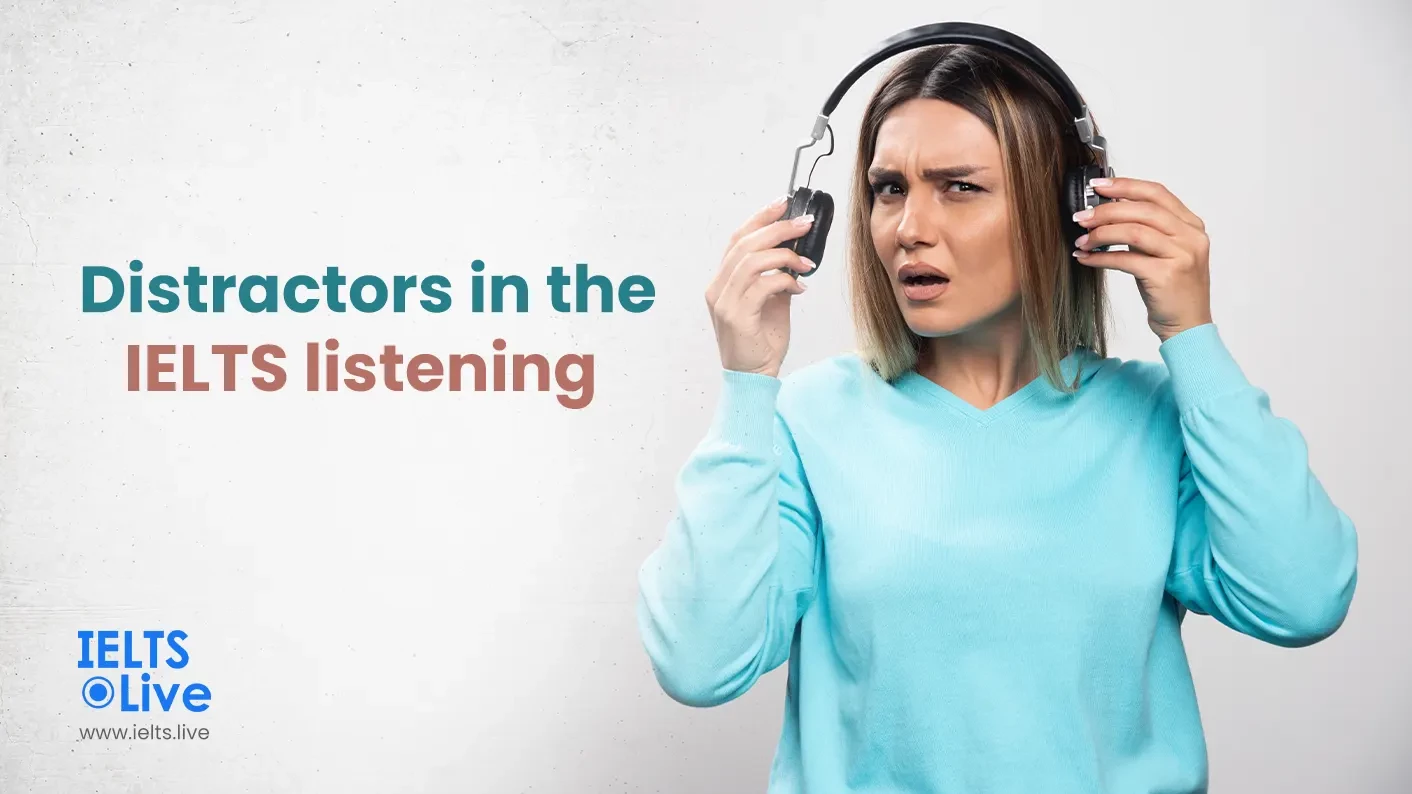
Struggling to Crack MCQs in the IELTS Listening test? Make Mistakes No More! To nail the MCQ section, first, you need to select the right plan of action. And to do that you have to develop experience through taking practice tests. However, that would be a rather long route before you figure out what strategy fits you. So to make it easier for you, we put together our best tips to help you master the Multiple-choice section. Without further ado, let’s dive in.
Read the instructions carefully
Reading the instructions carefully in the IELTS Listening test is critical because it can make or break your exam score. The instructions give you important information about how to approach the questions, such as the format and type of answers wanted. You may misunderstand the question, answer it poorly, or waste valuable time if you do not follow the instructions carefully.
Furthermore, the instructions indicate the time restrictions for each section as well as the number of questions in each area. If you don't keep track of the time, you might not be able to answer all of the questions, resulting in a lower score.
Skim the questions
After you have read the instructions, you should skim through the questions in each section.
Skimming the question is an important tactic that might boost your chances of success in the IELTS Listening test. When you skim a question, you read it fast in order to gain a general idea of what the question is asking for. This is especially useful for multiple-choice questions, where you must choose the proper answer from a list of possibilities.
Skimming the question before listening to the audio can help you focus on the essential parts of the recording and identify response possibilities that are unlikely to be right. This can save you time and mental energy by allowing you to concentrate more intently on the answer selections that are most likely to be correct.
Listen carefully
When the recording starts, you must remain focused throughout. Missing a piece of information might mean losing a point. Listen carefully to what the speaker is saying. Try to focus on the main ideas, and pay attention to any keywords or phrases that you identified when you skimmed the questions. You should also listen for any signal words, such as "however," "although," or "on the other hand," that indicate that the speaker is about to make a contrasting point. Also, in case you do miss out on an answer, don’t linger. If you keep thinking about the one you missed for a few seconds, you might miss the next one as well. This may make you lose track of the test.
Take notes
While you are listening, take notes on the main ideas and any keywords or phrases that you hear. You can use shorthand or abbreviations to save time, but make sure your notes are clear enough that you can understand them later. You should also note any signal words that you hear, as these can help you to identify the correct answer. If you are taking a paper-based test you may as well highlight the key areas.
Eliminate options
After listening to the recording and taking notes, you should begin working on the questions. Read each question carefully before looking at the options. Remove any selections that you are certain are incorrect based on what you heard in the tape or the notes you took. This will assist you in narrowing your options and increasing your chances of selecting the correct answer.
Guess if necessary
If you are unsure about the answer to a question on the IELTS Listening test, it is advisable to guess rather than leave the question unanswered. There are several reasons why guessing can be advantageous:
For starters, you are not penalized for incorrect answers in the IELTS Listening test. This means that you will not lose points for guessing, even if your guess is incorrect. As a result, guessing is a low-risk method that can perhaps gain you some points.
Second, by guessing, you give yourself a chance to answer the question correctly. You will not receive any points for that question if you do not attempt to answer it. However, guessing increases your odds of getting the question correct, even if just by chance.
Finally, if you have no idea what the solution is, you can employ a variety of tactics to make an educated guess. For example, you may rule out obvious incorrect answers or use your common sense and previous information to make an educated judgment.
Make sure the spellings are correct
Incorrect spelling can result in a loss of marks. Spelling mistakes can occur in a variety of question forms, including multiple-choice, form-completion, and sentence-completion questions.
In multiple-choice questions, for example, if you misspell the correct answer, it will be marked as incorrect even though you choose the correct option. Similarly, if you misspell a word in a form completion question, it will be marked as incorrect, even though the information you gave is correct.
Therefore, it is vital to practice your spelling skills and ensure that you are confident in spelling common terms correctly. To spell more precisely, you may use tactics such as listening for specific spelling patterns and reducing complex words into smaller components.
Check your answers
Finally, make sure you check your answers before you submit your test. Double-check each answer to make sure you have chosen the correct option, and make sure you have answered all the questions in each section. If you have time, you can also review your notes to make sure you understood everything correctly.
"Practice makes perfect," as the old proverb goes, and this is certainly true when it comes to answering the multiple-choice questions in the IELTS Listening test. While these questions can be intimidating, you can boost your chances of success with a little work and the appropriate approach.
You may conquer these difficult problems by using several key methods, such as carefully reading the directions, skimming the questions, and listening attention to the recording. Taking notes, eliminating choices, and guessing if necessary can also assist you in making intelligent guesses and increasing your chances of getting the correct answer. Also, we’re always here for you at the British American Resource Centre.
Don't be intimidated by these questions. With some practice and correct methods, you may face the IELTS Listening test with confidence and ace those multiple-choice problems. After all, the sky is the limit, and you can accomplish anything you set your mind to!










0 COMMENTS